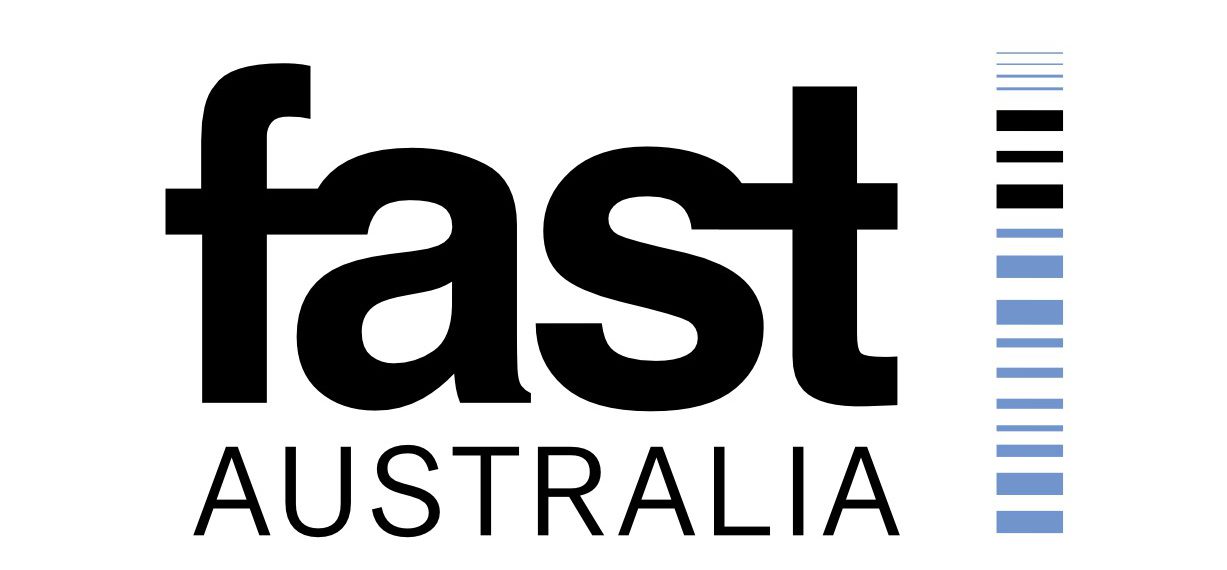Scientific Advisory Board
The FAST Australia Scientific Advisory Board (SAB)was established to provide professional advice on current and future scientific programs, ensuring they are both beneficial and relevant to our goals. Members of the FAST Australia SAB generously volunteer their time and expertise.
Specific disciplines represented by the SAB include: paediatric neurology, epilepsy, diet and nutrition, human neurodevelopment, human cognitive disorders, small animal behaviour, animal models of human disorders, mechanisms of learning and memory, synaptic plasticity and function, cellular signal transduction, cellular protein trafficking, epigenetics and genetics.

